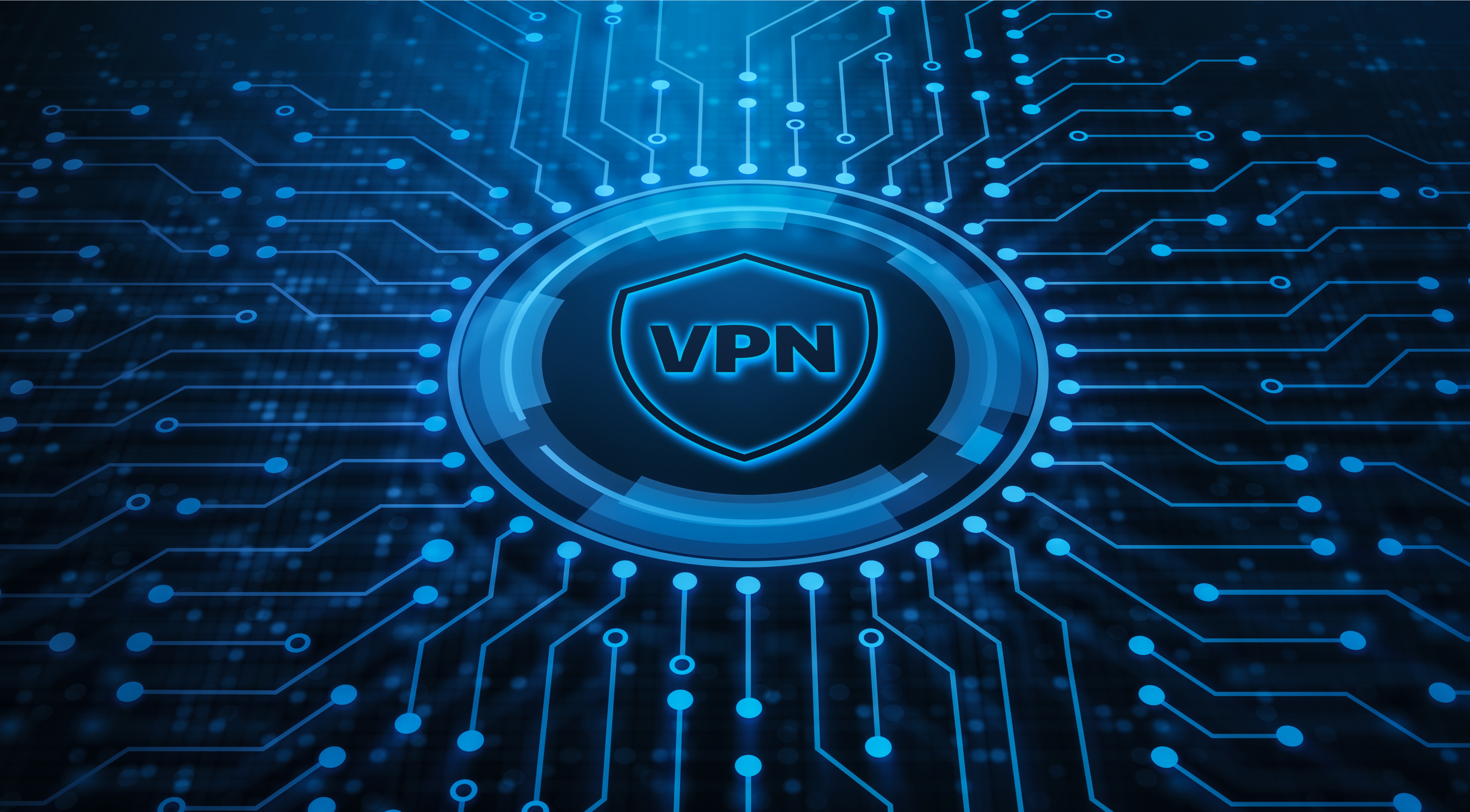Have you ever felt like someone is watching over your shoulder as you surf the web? Maybe you have experienced difficulty accessing certain websites or streaming platforms due to regional restrictions. These problems can be frustrating and can leave you feeling vulnerable to cyber threats. Fortunately, there is a solution: a VPN.
In this beginner's guide, we will unravel the mysteries of VPN and help you understand how it works, why you need it, and how to choose the best one for your needs.
What is a VPN?
VPN stands for Virtual Private Network. It is a software that creates a secure and private connection between your device and the internet. When you use a VPN, your internet traffic is encrypted and routed through a server located in a different country. This means that your online activity is shielded from prying eyes, including your internet service provider (ISP), government agencies, and hackers.
How does a VPN work?
When you connect to the internet without a VPN, your device sends data directly to the websites and services you access. This data includes your IP address, which is like your digital fingerprint. With your IP address, it is possible to track your online activity, your location, and even your identity.
A VPN works by creating a secure and private tunnel between your device and the VPN server. This tunnel encrypts all the data that passes through it, including your IP address. When you connect to a VPN server, your IP address is replaced with the server's IP address. This means that your online activity appears to be coming from a different location.
For example, if you are in the UK and you connect to a VPN server located in the US, your IP address will be replaced with a US IP address. This means that websites and services will think that you are accessing them from the US, which may allow you to bypass regional restrictions.
Why do you need a VPN?
There are several reasons why you may need a VPN:
Protect your online privacy: A VPN encrypts your internet traffic, making it difficult for anyone to spy on your online activity. This is particularly important if you use public Wi-Fi networks, which are often unsecured and vulnerable to cyber threats.
Bypass regional restrictions: Many websites and streaming platforms are only available in certain countries. With a VPN, you can connect to a server located in a different country and access content that would otherwise be unavailable to you.
Avoid internet censorship: In some countries, the government may restrict access to certain websites and services. A VPN can help you bypass these restrictions and access the content you need.
Secure file sharing: If you work remotely or share files with others online, a VPN can help you protect your sensitive information from prying eyes.
How to choose a VPN?
When choosing a VPN, there are several factors to consider:
Security: Look for a VPN that uses strong encryption protocols and has a no-logs policy. This means that the VPN provider does not store any information about your online activity.
Speed: A VPN may slow down your internet connection, so it is important to choose one that has fast servers.
Server locations: Look for a VPN that has servers located in the countries you need to access. This will allow you to bypass regional restrictions and access the content you want.
Ease of use: A good VPN should be easy to install and use, with a user-friendly interface.
Price: VPNs can vary in price, so it is important to find one that fits your budget.
In conclusion, a VPN is a powerful tool that can help protect your online privacy, bypass regional restrictions, and secure your sensitive information. When choosing a VPN, be sure to consider factors such as the security features, speed, server locations, ease of use, and price. With the right VPN, you can surf the web with peace of mind, knowing that your online activity is shielded from prying eyes. So why not take the first step towards securing your online privacy and start exploring the world of VPN today!
